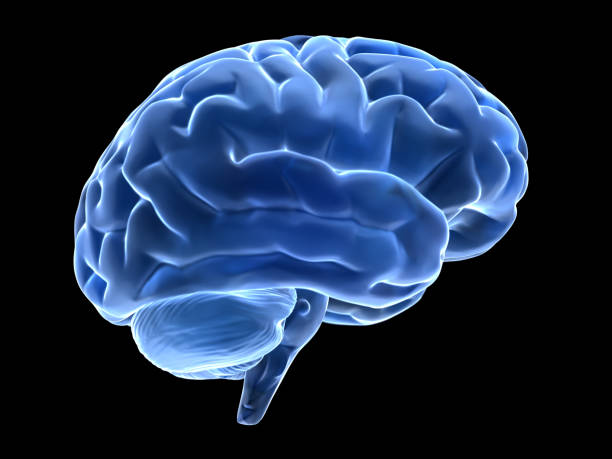Opinion | 'In the collective construction of a bioethical recommendation for neurotechnology'

The development of neurotechnology and scientific research into the decoding of thought have led to notable advances in the understanding and treatment of neurological disorders . They have also raised the controversial possibility of improving human-machine interaction.
Neurotechnology encompasses a broad spectrum of techniques, methods, and devices used to record, diagnose, analyze, and modify nervous system activity . The development of technologies such as brain-computer interfaces (BCIs) has received significant impetus, enabling significant advances in the field of communication through electronic devices.
The use of these innovative tools will contribute to a better understanding of how the brain and mind work, provide care to patients, and generate beneficial opportunities. However, it also entails challenges and potential risks to our mental privacy.
Neurotechnologies can be used to reinforce external self-regulation by intervening in human nature processes through power relations. This entails the violation of cognitive freedom, mental privacy, mental and psychological integrity, voluntary autonomy, and personal self-determination , promoting principles alien to universality in favor of systems of domination. These types of practices must be categorically identified and rejected.

Gabriela Jiménez Ramírez, vice president of the UNESCO Bioethics Commission. Photo: UNESCO
In this context, there is an urgent need to recognize neurotechnologies as a social right, guaranteeing their accessibility in various areas, including health and education. This approach stands as a catalyst for the comprehensive development of populations, ensuring their well-being and prosperity without exception.
Neurotechnology cannot be approached from a simplistic perspective that reduces it solely to the "nervous system" and the "brain." This view fragments the complexity and integrality of the "human being" into multiple dimensions, resulting in a limited and reductionist understanding. This fragmentation of the human condition constitutes a form of dehumanization.
Indeed, the brain is merely one component of a vast network called the "nervous system." The "nervous system" includes the brain and spinal cord, as well as the connections between them and the body's organs. This system regulates bodily and mental functions from birth to death.
The "nervous system," as an integrated and continuous network, constitutes a mechanism of uninterrupted communication between the brain, spinal cord, and the rest of the body. The functional and operational interdependence between these structures is such that their analytical dissociation becomes an unlikely exercise, given their intricate and joint participation in diverse functions, actions, and responses.
It is therefore imperative to move toward a broad, profound, complex, and holistic vision of the "human being" in the face of the challenge of neurotechnology, both individually and collectively . It is crucial to recognize our capacity as conscious individuals and as part of a whole, as well as our responsibility in the joint production of knowledge, solidarity, and love. Furthermore, we are invited to be recipients of the benefits that arise from the application of these technologies.

The nervous system is a communication mechanism between the brain, spinal cord, and the body. Photo: iStock
Thought, in its abstract nature, is characterized by its intangibility, that is, its inability to be perceived or physically manipulated. However, this intangibility in no way precludes the possibility of thought generating tangible effects, such as the actions that result from it. Thought constitutes a unique property of human beings that distinguishes us from other species.
This cognitive ability gives us the power to process information, imagine, create, reason, and solve problems, exerting a direct influence on our feelings and the daily transformation of our personal identity, fostering autonomy and critical awareness.
Finally, and as discussed, neurotechnology is emerging as a tool with vast potential to improve human health and well-being by addressing neurological and mental disorders, with applications in diverse fields, such as education and work, among others. It can also be enhanced alongside AI. Furthermore, its use and development raise significant ethical, legal, and social concerns related to the safeguarding of human rights, privacy, autonomy, and equity, and even cognitive warfare, which underscores the urgent need for close, ethically rigorous oversight and regulation .
René Descartes' famous maxim, "I think, therefore I am," stands as an enduring reminder of the importance of thought in ensuring human existence.
Minister of Popular Power for Science and Technology (Mincyt) and Vice President of the Bioethics Commission at UNESCO
eltiempo





